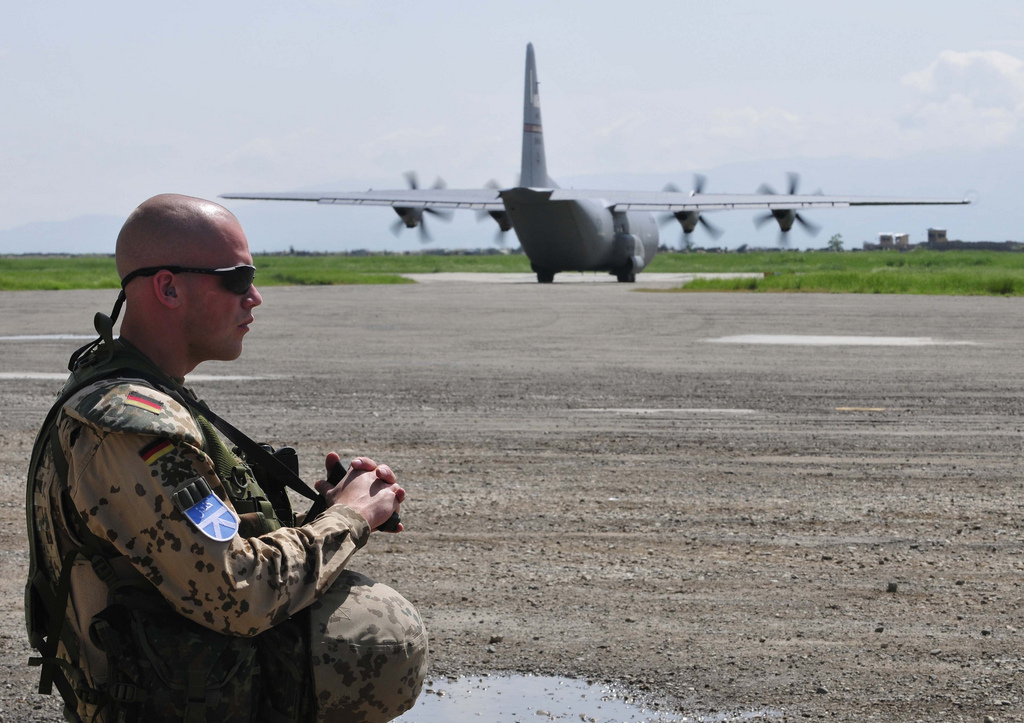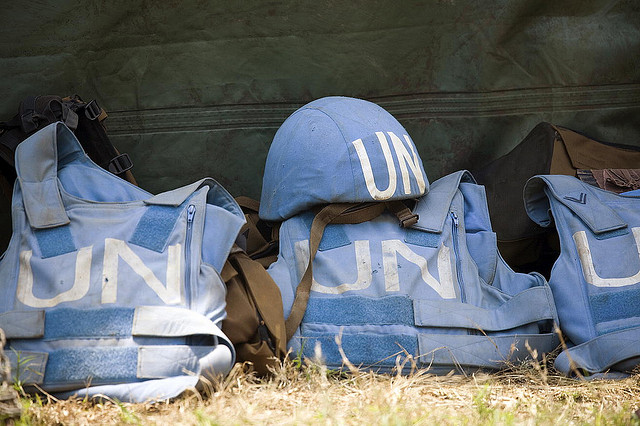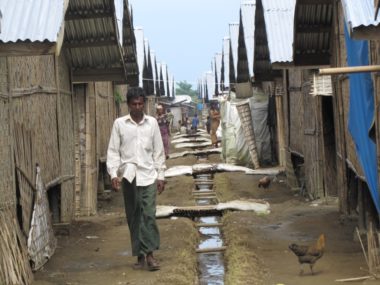
The old saying is that success has a thousand fathers but that failure is an orphan. In the case of Afghanistan, the reverse is likely to be true (although to be fair, the outcome is not yet known). The finger-pointing has begun, with blame being shared widely. As it should be, as Afghanistan was a complex operation and NATO was not the only actor involved. Indeed, in our forthcoming book David Auerswald and I demonstrate rather clearly that it is a mistake to talk of NATO as an actor or Brussels as the locus of key decision-making. Instead, most of the “action” in terms of decision-making was located in the national capitals of those countries contributing troops. One of the consequences of this reality is that countries will be drawing their own lessons from this mission and most likely not learning lessons that can be drawn from across the various contributors.
So, what can we learn from the Afghanistan effort? Well, the first lesson likely to be learned is not to do this again. We have seen that in Libya, where no boots on the ground was partially a product of the humility that Afghanistan has taught NATO, its members and other countries. The debates about Syria demonstrate that same lesson — counter-insurgency and state-building is really hard, so let’s not do it again. However, the reality is that politicians at some point will face a situation where sending in a military or several militaries will make sense to them, whether the various participants are ready or not. So, it makes sense to draw some lessons.
There are many, many lessons to be drawn about intervention, counter-insurgency, and the like, but the focus here is on the multilateral dimension. Most of the things we used to know about multilateral military operations were not that different, just more obviously true and problematic.
- Every nation remains sovereign. Countries do not surrender control of their contingents when they hand them over to NATO. Commanders in every such unit have the ability to say no to NATO commands. Sometimes, NATO commanders know what the limits are because the restrictions (caveats) are known ahead of time (NATO keeps a Excel spreadsheet to keep track), but sometimes not so much.
- Force Generation is begging. Force generation refers to getting countries to commit troops to the fight. No NATO country is required to provide troops, so NATO officials have to beg, cajole, persuade and then beg some more. Which means that every NATO operation is short of personnel and equipment. In 2001-2002, I had a fellowship that put me on the US Joint Staff’s Bosnia desk, and the list of NATO requirements for that mission was still incomplete, six years after the mission commenced.
- Divisions of labor are necessary but inherently problematic. In every operation, countries are given responsibility for specific locations and for leading in specific functions.
-
- The geographic division of labor, where each country has an “Area of Responsibility” leads to a few dysfunctions: extreme focus on their one spot to the exclusion of all others (hence the subtitle of our book — Fighting Together, Fighting Alone), wide variation in what happens in each spot, potential seams between each space that the adversary can exploit. The biggest challenge raised by this dynamic is that it meant that countries paid very different prices with some bleeding far more than others. This created much intra-NATO resentment and reduced support back home for the mission.
- The functional division of labor proved problematic as the Germans were given the lead for police training yet their police were not allowed to work closely with their army. This meant that all German police mentoring had to take place on German bases. So observing how Afghan National Police worked on a German base might not be all that helpful for the development of the police.
The lesson not to be learned is that we should not rely on NATO in such efforts. The problems involved with caveats, force generation and the rest are not unique to this particular organization but are common to any multilateral military endeavor. The challenges are largely inherent in military cooperation whether it involves an alliance, a coalition of the willing or even just a bilateral or trilateral affair. In Iraq, the countries in the coalition of the willing constantly bedeviled the US as they had restrictions on what they could do, they said no when asked to confront the Sadrists, and governed their spots differently than the Americans governed theirs.
NATO has much added value even as it is hardly perfect. Not only does it add a patina of legitimacy to any intervention, but the years of practicing interoperability mean that there is less friction on the ground, in the air, and on the seas. As far as I can tell, no planes collided while refueling during the extended Libyan campaign. The initial effort to rely on national coordination made the various actors realize that NATO facilities were necessary to coordinate the fleets of aircraft. More than this, the decades of exercising and of operating in places like Bosnia, Kosovo and now Afghanistan means that when forces are deployed, the relationships built through prior experience can help to finesse the difficulties of implementing the contradictory orders coming down range from the national capitals.
I have been saying this quite often, but what Churchill said about democracies — that they are the worst form of government save all the others — applies similarly to NATO, which is the worst form of multilateral military cooperation except for all the others. It is likely that NATO offices will develop and share the lessons learned from the recent efforts. It is much less likely that the civilians back home will do the same. So, we academics must do so.







1 comment
It might be more useful to consider a more general question, the relations of satellites to their imperial or hegemonic masters in the modern world. There seem to be definite limits to the ability of the central power to command obedience over the satellites. Thus, although the U.S. could order France to stop Evo Morales’s plane, it could not order a significant number of French into Afghanistan. There is some kind of line there, one that is likely to shift as the U.S. continues to deteriorate.